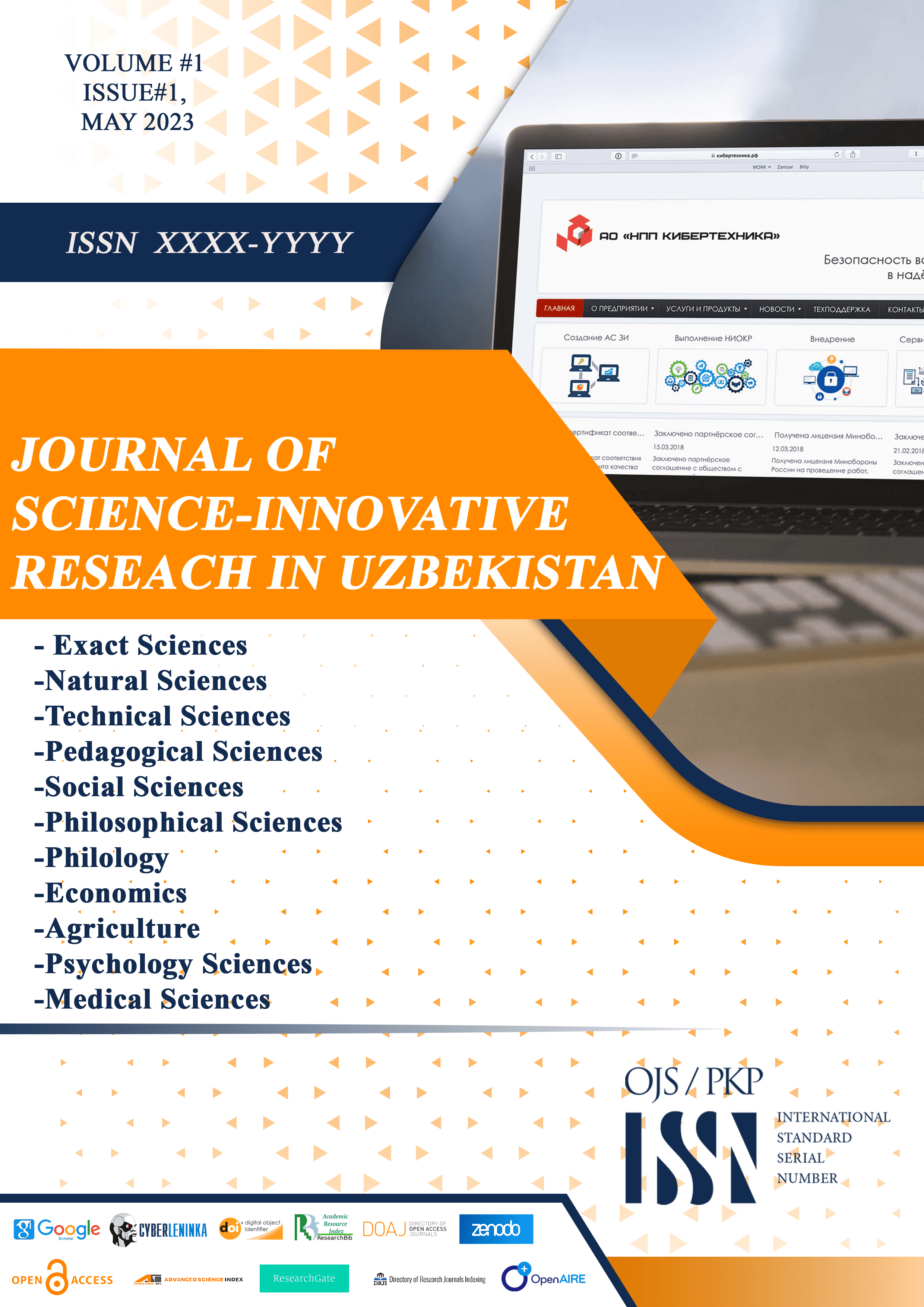Abstract
The study of word composition is a crucial area within linguistics, allowing researchers to unpack the layers of meaning embedded in language. An effective methodology for analyzing words by composition not only furthers our understanding of morphological structures but also enhances our appreciation of the intricate interplay between meaning and form. This essay introduces a systematic approach that emphasizes both theoretical frameworks and practical applications, incorporating insights from contemporary linguistics, cognitive science, and computational linguistics. By delineating key methodological components, such as decomposition into morphemes and syntactic structure, the proposed framework aims to facilitate a comprehensive analysis of lexical items across different languages and contexts. Ultimately, this exploration seeks to demonstrate how a rigorous methodological foundation can yield insights into the cognitive processes underpinning language production and comprehension, thereby contributing to broader discussions on language acquisition and usage in diverse communicative environments.
References
● Sanz-Marcos, Paloma (2018). "Theoretical approach of branding from a semiotic perspective". 'Universidad de Sevilla - Secretariado de Recursos Audiovisuales y Nuevas Tecnologias'. https://core.ac.uk/download/161254832.pdf
● Farias Coelho, Patricia Margarida, Garcia Medina, Irene, Martins Costa, Marcos Rogerio (2018). "The written production of argumentative and dissertation text: a didactic project based on Bakhtin's philosophy". 'Universidade Estadual de Campinas'. https://core.ac.uk/download/293866713.pdf
● Cohen, Alex, Deyne, Simon De, Elvevaag, Brita, Ferrer Cancho, et al. (2017). "Thoughts about disordered thinking: measuring and quantifying the laws of order and disorder". 'Oxford University Press (OUP)'. https://core.ac.uk/download/157810828.pdf
● Franco González, Yeisson Ariel (2021). "Increasing Vocabulary Through Songs in Sixth Graders". https://core.ac.uk/download/421929410.pdf
● A. C. Graesser, A. King, A. King, A. King, A. M. O'Donnell, A. Stolcke, A. Weinberger, et al. (2008). "Analyzing collaborative learning processes automatically". 'Springer Science and Business Media LLC'. https://core.ac.uk/download/12173385.pdf
● Lasso García, David Andrés, Osorio Castaño, Yesenia (2019). "The impact of a multi-strategy academic writing handbook on Emergent bilinguals’ cross-curricular writing competences". Licenciatura en Bilingüismo con énfasis en Inglés. https://core.ac.uk/download/288157865.pdf
● Rais, A. Dahlan, Utami, Fitria Siti (2012). "IMPROVING STUDENTS’ WRITING SKILL USING A FOUR-PHASE TECHNIQUE". https://core.ac.uk/download/12346106.pdf
● Heacock, Clint Lyle (2010). "The integration of postmodern values and rhetorical analysis: A case study". University of Liverpool (University of Chester). https://core.ac.uk/download/365019.pdf
● Csertő, István, Ehmann, Bea, Ferenczhalmy, Réka, Fülöp, et al. (2013). "Narrative Language as an Expression of Individual and Group Identity". 'SAGE Publications'. https://core.ac.uk/download/19329930.pdf
● Elyas, Tariq, Khan, Khalid, Rajab, Hussam (2016). "A Case Study of EFL Teachers’ Perceptions and Practices in Written Corrective Feedback". Australian International Academic Centre, Australia. https://core.ac.uk/download/42138050.pdf
● A. C. Graesser, A. King, A. King, A. King, A. M. O'Donnell, A. Stolcke, A. Weinberger, et al. (2008). "Analyzing collaborative learning processes automatically". 'Springer Science and Business Media LLC'. https://core.ac.uk/download/12173385.pdf
● de Jong, Franciska, Doğruöz, A. Seza, Nguyen, Dong, Rosé, et al. (2016). "Computational Sociolinguistics: A Survey". https://core.ac.uk/download/395601782.pdf

This work is licensed under a Creative Commons Attribution 4.0 International License.

